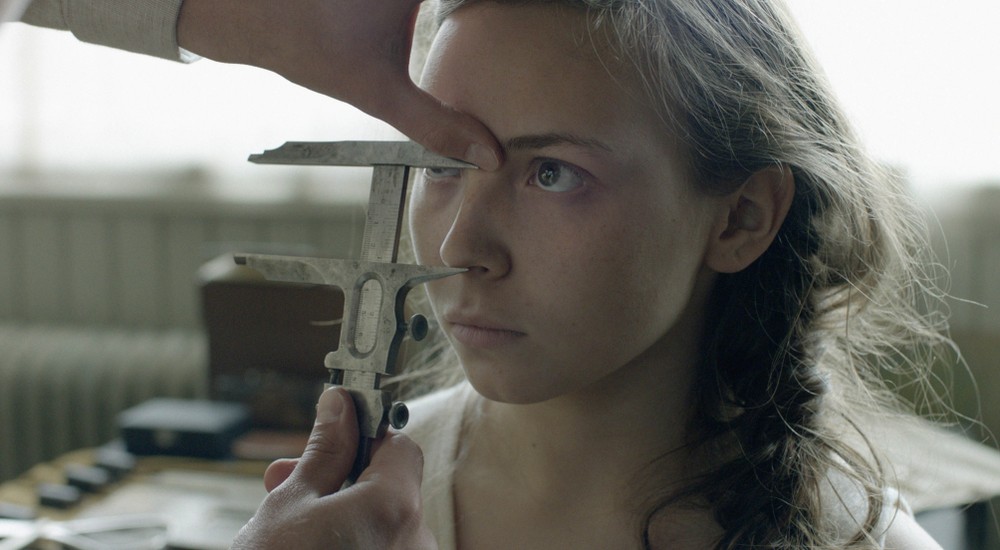Score:B
Director: Amanda Kernell
Cast: Lene Cecilia Sparrok, Hanna Alstrom, Julius Fleischanderl, Mia Sparrok
Running Time: 110 Minutes
Rated: NR
Movies about overcoming adversity are as old as movies themselves. Most of them are usually uplifting at the end: the single dad gets the job he needed, the wrongfully convicted man escapes prison, the couple puts aside their differences and realize they’re truly in love. Then there are the movies that are so unrelentingly bleak that they become numbing. Sami Blood is in the latter category.
Maj-Doris Rimpi plays Elle Marja as an elderly woman, headed back to rural Sweden for a funeral. Reluctant to go, she basically has to be dragged by her son. At first it seems like mere stubbornness, but the flashback that takes up most of the film reveals the old wounds that lurk around every corner of the village.
Played as a teenager by Lene Cecilia Sparrok, Elle Marja lives with her mother and younger sister in extreme poverty, raising reindeer and huddling for warmth in their hut. Elle Marja and her sister get a rare opportunity to attend a boarding school across the lake, which could lead them to a more prosperous life.
But while Elle Marja is instantly recognized as one of the best students by her teacher (Hanna Alstrom), she’s bullied by locals and humiliated by state inspectors who – in one of the films most gut-wrenching scenes – measure her body and photograph her nude to determine if she’s fit to continue with schooling. It’s an example of the very real and horrifying discrimination the indigenous Samis faced at the hands of Swedes.
So she runs away, which she will do for the rest of the film (and it’s implied, for the rest of her life). A stolen dress grants her access to a party, but getting found out means a brutal punishment. Winding up at her love interest’s doorstep brings one night of bliss, but puts her back on the streets the next day. Lying her way into a prestigious all-girls school leaves her with a tuition bill she can’t pay.
These are not even Pyrrhic victories, as Elle Marja ends up worse off than she was before. Discrimination and poverty weigh her down for most of the movie. This makes Sami Blood a beat-down of a movie. But Amanda Kernell is still a director to watch. She shoots the film with bracing intimacy, often in natural light, giving a beauty to the horror. She is unflinching in her depiction of the burdens Elle Marja faces. That makes her feature debut is depressing, but still impressive.

